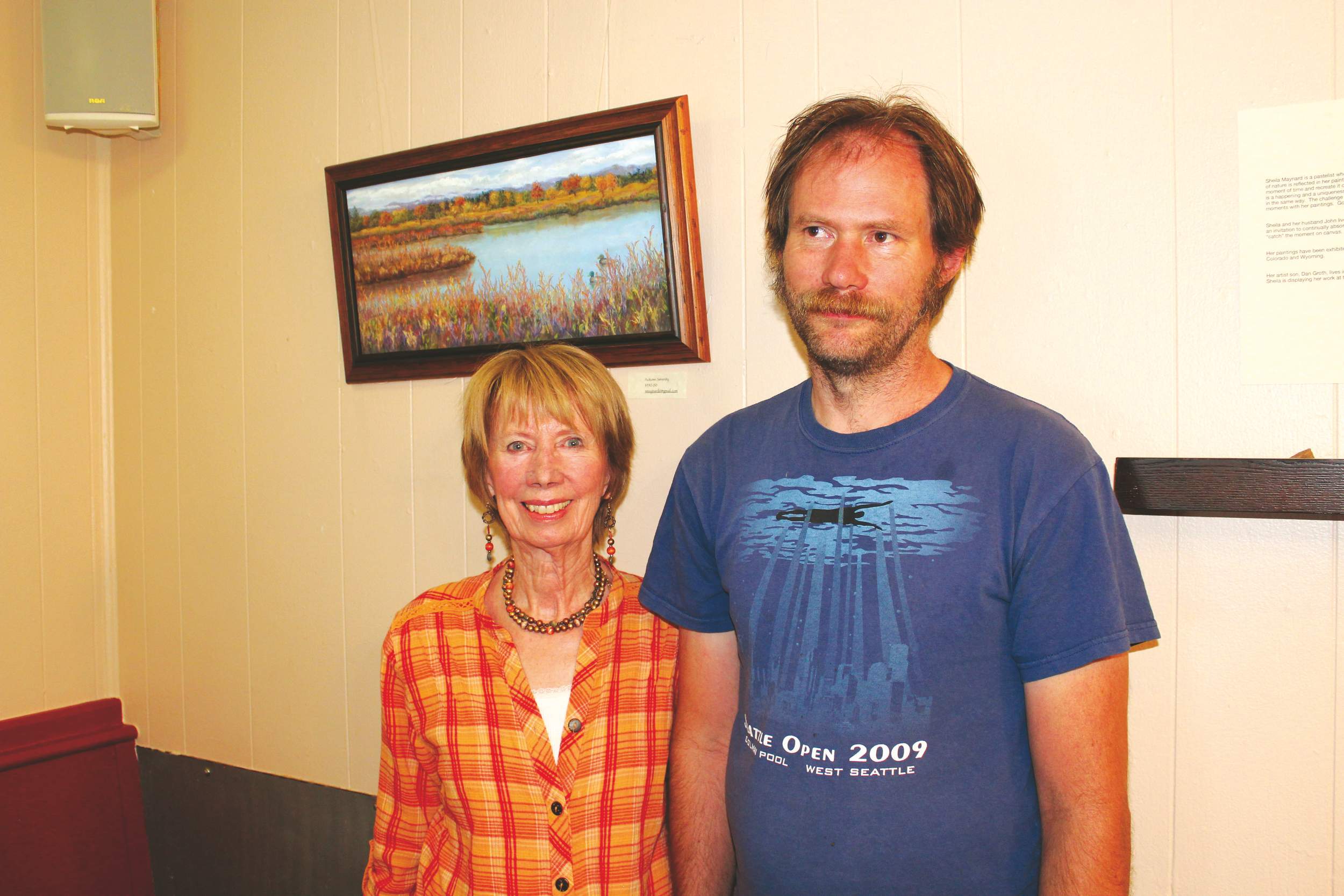I recently spent a couple weeks working and living at a Zen Buddhist monastery and organic farm north of San Francisco. During my stay, I was more or less cut off from the world by the nature of the farm’s rigid schedule and location. The practice and work there is designed from the ground up to keep you aware in the present moment. It took some work, mentally, to shift into a place where distractions were all but gone and the focus of each moment was solidly on what you were doing. After a couple days, the nervous chatter that is soaked into every waking moment quiets down and you get to focus on this moment. “It’s just this,” one of my teachers said occasionally.
When I returned home and was brave enough to connect to the internet again, nestled in among my colossal stack of emails was a notification that a friend had gifted me a copy of a new game called “Ruiner.” The game takes place in a cyberpunk-styled future heavily influenced by works like “Ghost in the Shell” and “Bladerunner.” You assume the role of a masked brawler and essentially bludgeon your way through levels to accomplish various objectives, ultimately leading to the rescue of your kidnapped brother. Though I was able to squeeze in a couple viewings of some classic German expressionist films while at the monastery, I didn’t feel I was quite ready for the stimulation a neon-colored, fast-paced, violent video game with a soundtrack that weighs heavily on the bass side can dish out, but hours later, I found myself deeply embedded in the game.
In most video games, we enjoy being the star, the main character. This applies not just to games but to our lives in general. This perspective is easily recognizable when we’re online, playing with several other people and blaming others for our team’s losses. We notice when our teams are doing poorly because it is everyone else’s fault and not our own. It causes us to make personal what is actually impersonal, creating tension and anxiety around circumstances that we ultimately have no control over, anxieties that our daily life is inherently absent of. This perspective is easily found in other things, too: The line at the grocery store, rush-hour traffic, the line at the coffee shop, more rush-hour traffic. Who are all these people getting in the way of my day? I have things to do! Don’t they know that?
This is our game and we are the main character, but there’s much more depth to the world when we recognize that we are just one of many characters. In “Ruiner,” there is a seemingly massive, dense world with a lot of minor, but very memorable, characters; You meet an artist that grew up essentially underground, his art style shaped by his living circumstances and the limited light that was available to him. There’s a crazy, old lady that only speaks in riddles and wears a tengu mask. A homeless hacker is determined to reveal the truth. By comparison, the protagonist of “Ruiner” has very little depth at all, acting more as an empty vessel for the player to sit comfortably in, rather than someone with predetermined back story or character.
My feeling of being the hero melted away over the course of playing “Ruiner.” As certain side characters slowly developed their layers of complexity, I was basically operating the exact same way from start to finish. Characters I had run into, some that had no dialog with me, were being affected and going through visible changes as time moved on. This is, of course, how many games are designed to be played, but I felt a shift in perspective I hadn’t seen before playing this game. Slowly, I was no longer the star of the show, but just another character. You could also say that everyone else was a star of the show. My task was to respond appropriately to every rising and falling moment, making choices based on my own values.
The stress of having to do the right thing calmed down when I realized those anxieties were entirely self-induced. We alone are not responsible for making sure everything turns out right, that our team wins every time, that we alone are the ones to save the day. This is a byproduct of our perspectives, but we must realize that we are as much of the center of the story as everyone else is. In his book, “Pale Blue Dot,” Carl Sagan once remarked on the instinct for mankind to project its own nature onto nature. Each moment weighs a lot less when we see the delusions that we are the only “great works” of existence, that every moment has a weight to it based on how pleasant it is or unpleasant it could be. The reality is that those moments are all interconnected, pleasant or unpleasant, and depend on each other to occur.
In the game, as I made my way through tunnels thick with tech, pipes, and hardware, gradually tangling downward into a new darkness, I felt a fresh spaciousness about my actions. Though I would rather have just stayed comfortably up top-side, eat bad sushi, and chat with some folks at the bar, it wasn’t where I needed to be. Responsibility for my decisions and activity in every present moment was difficult at first, but it began to feel more natural.
It gets easier.
Brett Massé is currently playing “Hotline Miami” by Dennaton.













